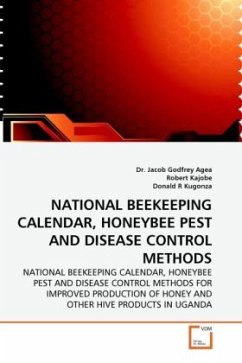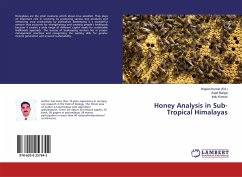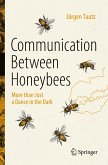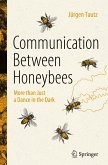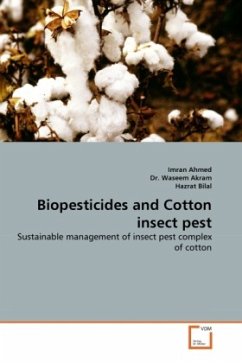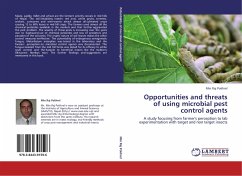Beekeeping is recognised as an important sector in the recent government programmes for socio-economic development, poverty alleviation, conservation and sustainable use of forest resources. However, there is a dearth of information about a national beekeeping calendar that relates flowering of honeybee forage plants to honey flow and harvesting seasons. There is also no national honeybee pest and disease control system to eradicate and create pest and disease free export zones. This book therefore, presents the output of a study that was aimed at developing a national beekeeping calendar that relates flowering of honeybee forage plants to honey flow and harvesting, as well as as appropriate control system for honeybee pests and diseases. Data were collected from 6 of the 10 different agro- ecological zones of Uganda.

